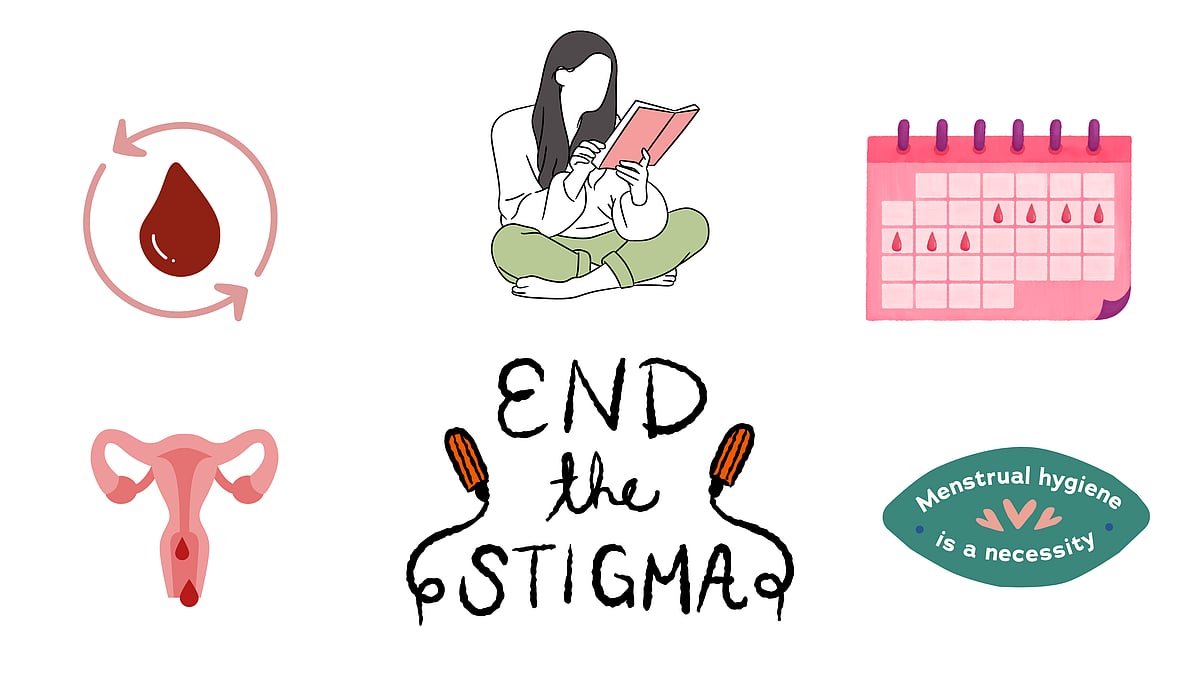World Menopause Day is an annual event observed on October 18 to raise awareness about menopause and its impact on women's health and to promote support and resources for women going through this life stage. Menopause is a natural biological process that marks the end of a woman's reproductive years. It typically occurs in their late 40s or early 50s and involves a gradual reduction in the production of hormones, particularly estrogen.
This transition can lead to a range of physical and emotional symptoms, such as hot flashes, mood swings, sleep disturbances, and changes in bone density.
In 2009, the International Menopause Society (IMS), in partnership with the World Health Organization (WHO), emphasized the importance of dedicating a day to raise awareness about menopause. The primary objective of this day is to educate individuals, not limited to women alone, about the phenomenon of menopause and the associated physical and emotional changes it entails.
5 Tips to maintain a Healthy Menopause
Maintaining good health during menopause is important to ease the transition and manage the associated changes.
1. Balanced Diet: Food plays an important role in making your body healthy. Focus on a balanced and nutritious diet rich in fruits, vegetables, whole grains, lean proteins, and low-fat dairy products. Incorporate foods high in calcium and vitamin D to support bone health. Limit your intake of sugary and processed foods, as well as caffeine and alcohol.
2. Regular Exercise: Engage in regular physical activity to help manage weight, reduce the risk of osteoporosis, and improve mood. Incorporate a combination of aerobic exercises, strength training, and flexibility exercises into your routine. Aim for at least 150 minutes of moderate-intensity exercise or 75 minutes of vigorous-intensity exercise per week.
3. Manage Stress: Practice stress-reduction techniques such as mindfulness, yoga, meditation, or deep breathing exercises to alleviate menopausal symptoms like hot flashes and mood swings. Ensure you get enough sleep, as sleep disturbances are common during menopause.
4. Hormone Therapy: Consult with your healthcare provider to discuss hormone replacement therapy (HRT) as an option for alleviating severe menopausal symptoms. HRT may be recommended for some women, but it's important to weigh the benefits and risks with your doctor and explore alternative treatments as well.
5. Regular Check-Ups: Schedule regular check-ups with your healthcare provider to monitor your overall health during and after menopause. Discuss any concerns or symptoms you may be experiencing to receive appropriate guidance and medical advice.











